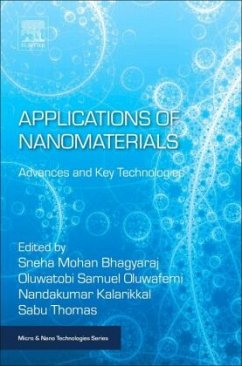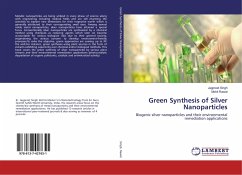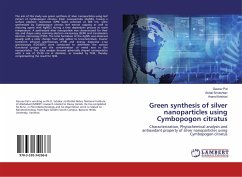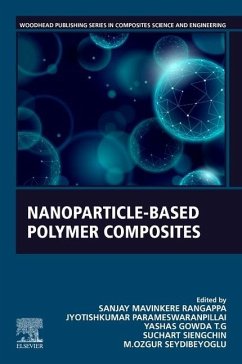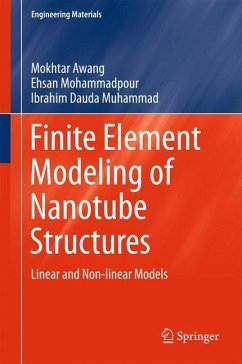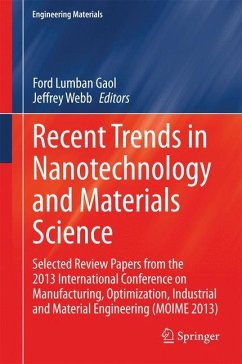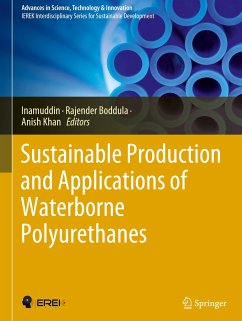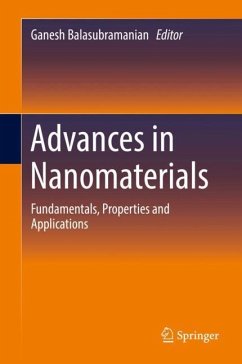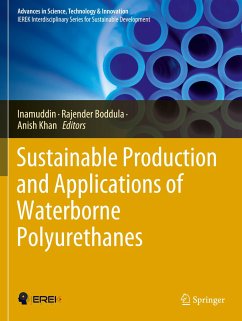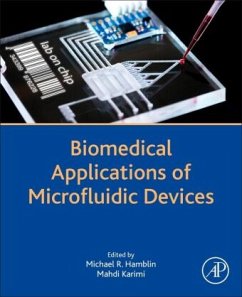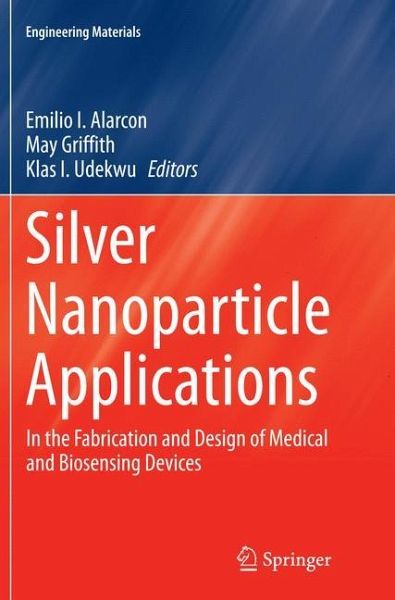
Silver Nanoparticle Applications
In the Fabrication and Design of Medical and Biosensing Devices
Herausgegeben: Alarcon, Emilio I.; Griffith, May; Udekwu, Klas I.
Versandkostenfrei!
Versandfertig in 6-10 Tagen
76,99 €
inkl. MwSt.

PAYBACK Punkte
38 °P sammeln!
Exploring the synthesis, characterization, surface manipulation, electron transfer and biological activity of silver nanoparticles, this book examines the fundamentals of the properties and synthesis of these particles. With a renewed interest in silver nanoparticles, this book addresses the need to understand their potential in industrial, medical and other applications. It is divided into six chapters, each written by an expert and providing a comprehensive review of the topic while detailing recent advances made in each specific area. These topics include surface plasmon band, synthesis and...
Exploring the synthesis, characterization, surface manipulation, electron transfer and biological activity of silver nanoparticles, this book examines the fundamentals of the properties and synthesis of these particles. With a renewed interest in silver nanoparticles, this book addresses the need to understand their potential in industrial, medical and other applications. It is divided into six chapters, each written by an expert and providing a comprehensive review of the topic while detailing recent advances made in each specific area. These topics include surface plasmon band, synthesis and characterization, Surface-enhanced Raman spectroscopy (SERS) and plasmon resonance mediated processes, photocatalysis, biomedical applications and biological activity. It also presents the current state of the art, challenges and future trends of catalysis, sensing and biomedical applications.
'Silver Nanoparticle Applications' provides an invaluable reference work and introduction for chemists, biologists, physicists and biomedical researchers who are interested in exploring the uses and applications of silver nanoparticles. It is also intended for students, researchers and professionals interested in nanotechnology.
'Silver Nanoparticle Applications' provides an invaluable reference work and introduction for chemists, biologists, physicists and biomedical researchers who are interested in exploring the uses and applications of silver nanoparticles. It is also intended for students, researchers and professionals interested in nanotechnology.



